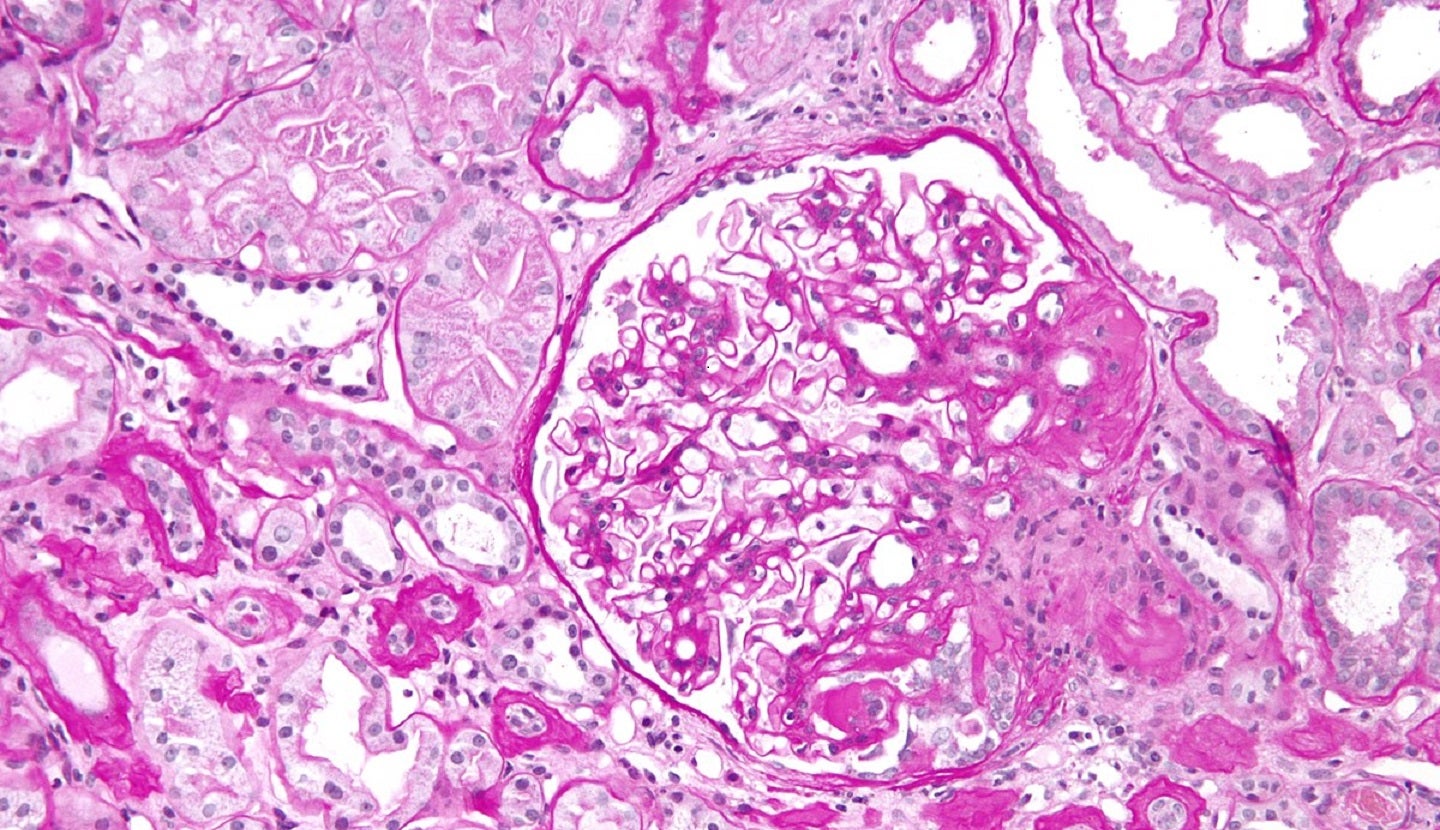
Travere Therapeutics has reported that the Phase III DUPLEX trial of sparsentan to treat patients with focal segmental glomerulosclerosis (FSGS), a rare kidney disease, failed to achieve the primary efficacy eGFR slope endpoint over 108 weeks of treatment.
Designed to evaluate the efficacy and safety of sparsentan, the global, randomised, multicentre, double-blind, parallel-arm, active-controlled, pivotal study has enrolled 371 patients aged eight to 75 years with primary FSGS.

Discover B2B Marketing That Performs
Combine business intelligence and editorial excellence to reach engaged professionals across 36 leading media platforms.
Patients were randomised into a 1:1 ratio to receive either sparsentan or irbesartan, the active control, after a two-week washout period.
They were also subsequently dose titrated to the maximum dose of 800mg of sparsentan or 300mg of irbesartan, as tolerated.
As per the topline primary efficacy data, the study’s secondary and topline exploratory endpoints were in favour of sparsentan, a dual endothelin angiotensin receptor antagonist.
Treatment with sparsentan also resulted in a reduction of proteinuria that was sustained through treatment for 108 weeks.

US Tariffs are shifting - will you react or anticipate?
Don’t let policy changes catch you off guard. Stay proactive with real-time data and expert analysis.
By GlobalDataIn addition, results from the two-year analysis demonstrated that sparsentan was well-tolerated with a consistent safety profile compared to irbesartan.
Travere Therapeutics president and CEO Eric Dube said: “We are disappointed that we did not achieve the primary efficacy endpoint in this study, but we did see results that trended favourably for sparsentan that we are further exploring to determine a potential path forward in FSGS.”
The company intends to engage with regulators for submitting a supplemental new drug application in the US.
Travere Therapeutics chief medical officer Dr Jula Inrig said: “We believe the results from DUPLEX will be instrumental in helping to inform the medical community’s understanding of FSGS, and we are committed to further exploring our data to understand the potential role sparsentan could play in the treatment of FSGS.”





